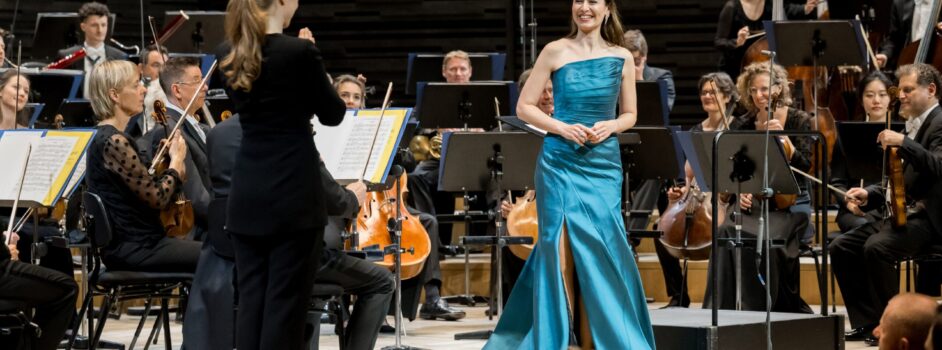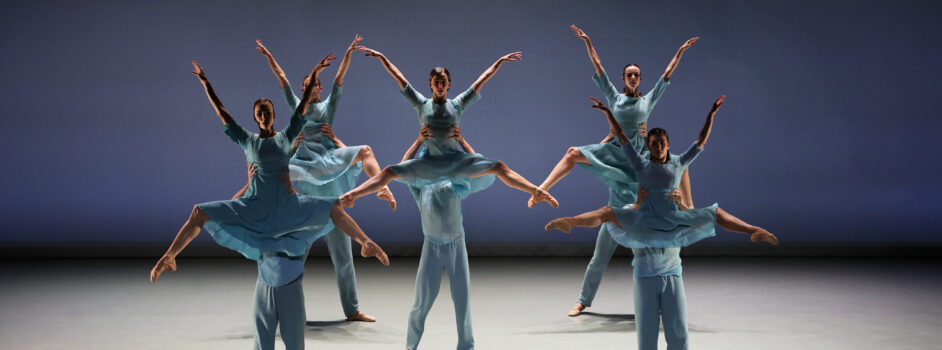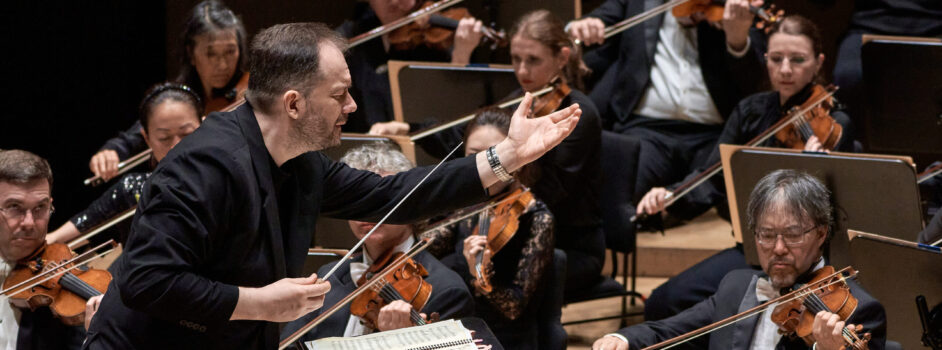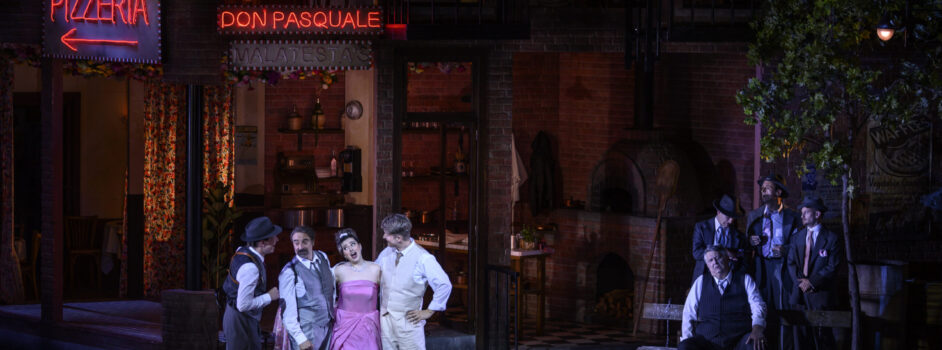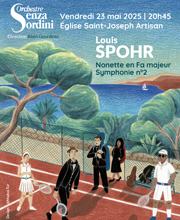Anssi Karttunen, artistic director of the Helsinki Musica Nova Festival
Plus de détails
Cellist Anssi Karttunen is the current artistic director of Helsinki’s biannual new-music festival, Musica nova. In this interview, Karttunen talks about his relationship with the festival, and the role of new music in both Helsinki and society in general.
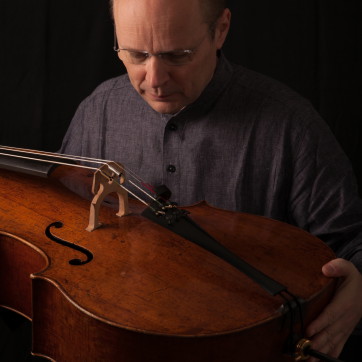 ResMusica: Tell us a little bit about the history of the Musica nova festival in Helsinki (runs 6-14 February 2015).
ResMusica: Tell us a little bit about the history of the Musica nova festival in Helsinki (runs 6-14 February 2015).
Anssi Karttunen: Musica nova Helsinki became the new name of the Helsinki Biennale in 1997. The Helsinki Biennale was created in 1981 at a moment when many things were opening up in Finnish music life. The music life became much more international than before, and both musicians and audiences became interested in what was going on in the world. Until this point, composers mostly had to live in a world of their own with performers being hostile to their efforts and much more interested in only the music of the distant past. At the same time, many new trends were being born in Helsinki; the Avanti! Chamber Orchestra was formed, the young composers of the Korvat Auki association (founding members include Esa-Pekka Salonen and Magnus Lindberg) made themselves felt, and young musicians started to study abroad much more than before.
RM: You have a long association with the festival. Can you talk about how your relationship with the festival began, and how it has evolved to you being the current Artistic Director?
AK: My relation with the festival started at its opening concert in 1981. I was blown over by BA Zimmermann's Cello Concerto played by Siegfried Palm. I had a master class with him the following day and realised that my life would be deeply involved with living composers from there on. I performed at most of the festivals for the 12 years that followed. I was asked to be the artistic director for the 1995 festival and part of the artistic committee for the 1997 festival. After that I was less involved for the next 18 years, but went on working with many composers and much contemporary music. I was again approached to become the artistic director for the 2015 Musica nova Helsinki and now have a chance to dig into my experience from the last 20 years to examine what has changed in Helsinki, in new music, and in myself.
RM: Contemporary music has a very healthy presence in the Helsinki concert scene, and the audiences are both curious and receptive. Why do you think musicians and audiences in Helsinki have embraced contemporary music, and what role has the festival played in this?
AK: If contemporary music is healthier in Helsinki than in some other places it is by no coincidence. It is because musicians have for decades now presented contemporary music as part of normal music life and not as something that is reserved for the initiated. Musica nova Helsinki and its predecessor Helsinki Biennale have been very important elements in establishing this trend.
RM: What is theme of this year's festival? Are there any composers who will be receiving special focus?
AK: The theme of the festival is Dialogues. Every concert treats several forms of dialogues: between composer and performer, between master and student, between generations, between a new piece and a new audience, etc. Everything in art contains multiple dialogues and it is interesting to stop and analyze how a new composition is communicating to many different directions all the time.
The festival has three composers-in-residence; Hans Abrahamsen, Pascal Dusapin and Fred Lerdahl. They are three very different composers from three very different backgrounds, but they have something in common: they all have found their own way to live as part of a tradition, renewing it, building on it, but not needing to deny its existence.
RM: What do you think contemporary music can say about, and say to, our current society? How has the festival contributed to this?
AK: Contemporary music is a portrait of our society. Modern society often makes us feel that there are only a few important things happening at any one time, with one or two news items dominating our minds. In reality there are multitudes of dramas happening all around us all the time; there are tragic events, happy events, and just ordinary events everywhere. The same is true with music and all arts. While there are always styles and artists that seem to dominate in the media, there are lots of interesting things in all sorts of styles being created everywhere. They are created by young or unknown people just as often as by well-known, established figures. For these reasons it is extremely important to have the opportunity to be surprised at a festival like the Musica nova Helsinki.
Photo : A. Karttunen © L. Lammertink
Plus de détails
Cellist Anssi Karttunen is the current artistic director of Helsinki’s biannual new-music festival, Musica nova. In this interview, Karttunen talks about his relationship with the festival, and the role of new music in both Helsinki and society in general.

